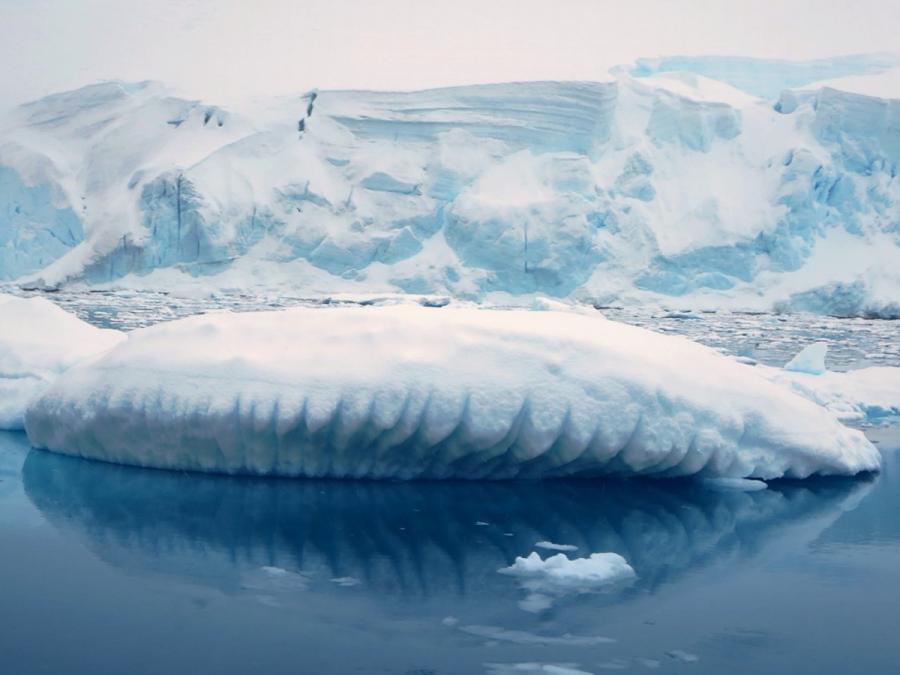The United States is walking away from the Paris agreement on climate change, which was so laboriously negotiated by most of the world’s countries in 2015. This is suicidal lunacy on the part of Republicans who still claim that climate change is a hoax.
Their prattle continues even as a chunk of ice equivalent to the size of Prince Edward Island is about to break off from an Antarctic ice shelf. The resulting icebergs that float out into the ocean will eventually lead to a rise of sea levels that will affect low-lying coastal areas and cities.
So, what can be done now?
Leave it in the ground
Of course, the U.S. move is bad news but all countries and individuals face choices related to climate change. In his most recent book, Just Cool It! The Climate Crisis and What We Can Do, noted environmentalist David Suzuki quotes the International Energy Agency in saying that “to have any chance of avoiding catastrophic climate change we must leave up to 80 percent of our remaining fossil fuels in the ground.”
“We continue to build infrastructure, produce goods, and pursue activities that keep us locked into fossil fuels,” Suzuki adds. “Our practices don’t reflect the kind of behaviour you’d expect from a species facing a crisis.”
Liberals and climate change
The Liberal government of Justin Trudeau insists that we can develop the Canadian oil sands and build pipelines (they have approved three) while simultaneously reducing our carbon emissions to meet promises made in Paris. The government is relying on a carbon tax, yet to be negotiated with the provinces, which would make fossil fuels more expensive and hasten the move toward renewable energy technologies. The government also promises to support the development of those clean technologies.
Conservatives and climate change
On the other hand, the Conservatives don’t even try. Former Prime Minister Stephen Harper was another leader who initially described climate change as a hoax before stubbornly resisting setting limits on carbon emissions. Although new Conservative leader Andrew Scheer is notoriously light on policy pronouncements of any kind, he nevertheless followed Harper in flatly opposing a carbon tax of any sort.
NDP and climate change
Meanwhile, the NDP is in the midst of a leadership contest in which the question of oil sands development and pipelines may become central to the debate. This will be even more likely if and when a coalition NDP-Green Party government assumes power in British Columbia. Both parties oppose the Kinder Morgan proposal — approved by the Trudeau Liberals — that would involve twinning an existing pipeline and tripling shipping capacity from the oil sands to Burnaby, B.C., in the Vancouver area.
Citizen options
There’s an important citizen option in all of this, too. Political pundits often say that governments will not move in a given direction until pushed by the public. Of course, this fails to account for the disproportionate influence that money and corporate lobbying play in politics. Nonetheless, as citizens, we can oppose pipelines and any new carbon development. We can also remove money from any investments in the carbon industry and insist that organizations or pension plans to which we belong divest, too.
Ultimately, citizens — in their advocacy — have to look beyond the self- interest of corporate leaders and the four-year time frame of our politicians.
This piece was published as a blog with the United Church Observer on June 8, 2017.
Image: Wikimedia Commons.
Like this article? Please chip in to keep stories like these coming.





